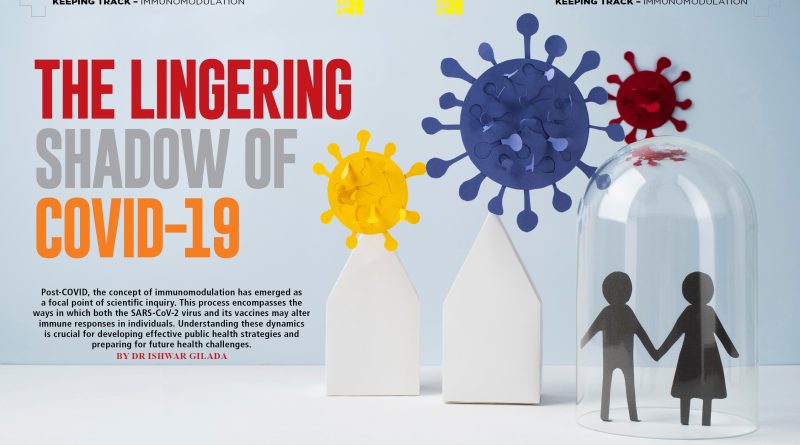The Lingering Shadow of COVID-19
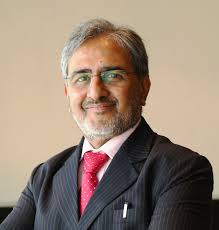 Post-COVID, the concept of immunomodulation has emerged as a focal point of scientific inquiry. This process encompasses the ways in which both the SARS-CoV-2 virus and its vaccines may alter immune responses in individuals. Understanding these dynamics is crucial for developing effective public health strategies and preparing for future health challenges.
Post-COVID, the concept of immunomodulation has emerged as a focal point of scientific inquiry. This process encompasses the ways in which both the SARS-CoV-2 virus and its vaccines may alter immune responses in individuals. Understanding these dynamics is crucial for developing effective public health strategies and preparing for future health challenges.
By Dr Ishwar Gilada
The COVID-19 pandemic has reshaped global healthcare, shaking the foundation of our understanding of infectious diseases. Among the many questions raised by this unprecedented situation, one central theme has gained significant attention: the potential for both the virus itself and the vaccines developed to combat it to alter or modulate the immune system’s function. This process is known as immunomodulation, and its effects have become the subject of intense scientific scrutiny. But is this immunomodulation real, and what are its implications? What do we currently know about it, and what scientific evidence supports these claims? Let’s break it down in more detail to understand how COVID-19, and the vaccines designed to protect us from it, impact our immune system.
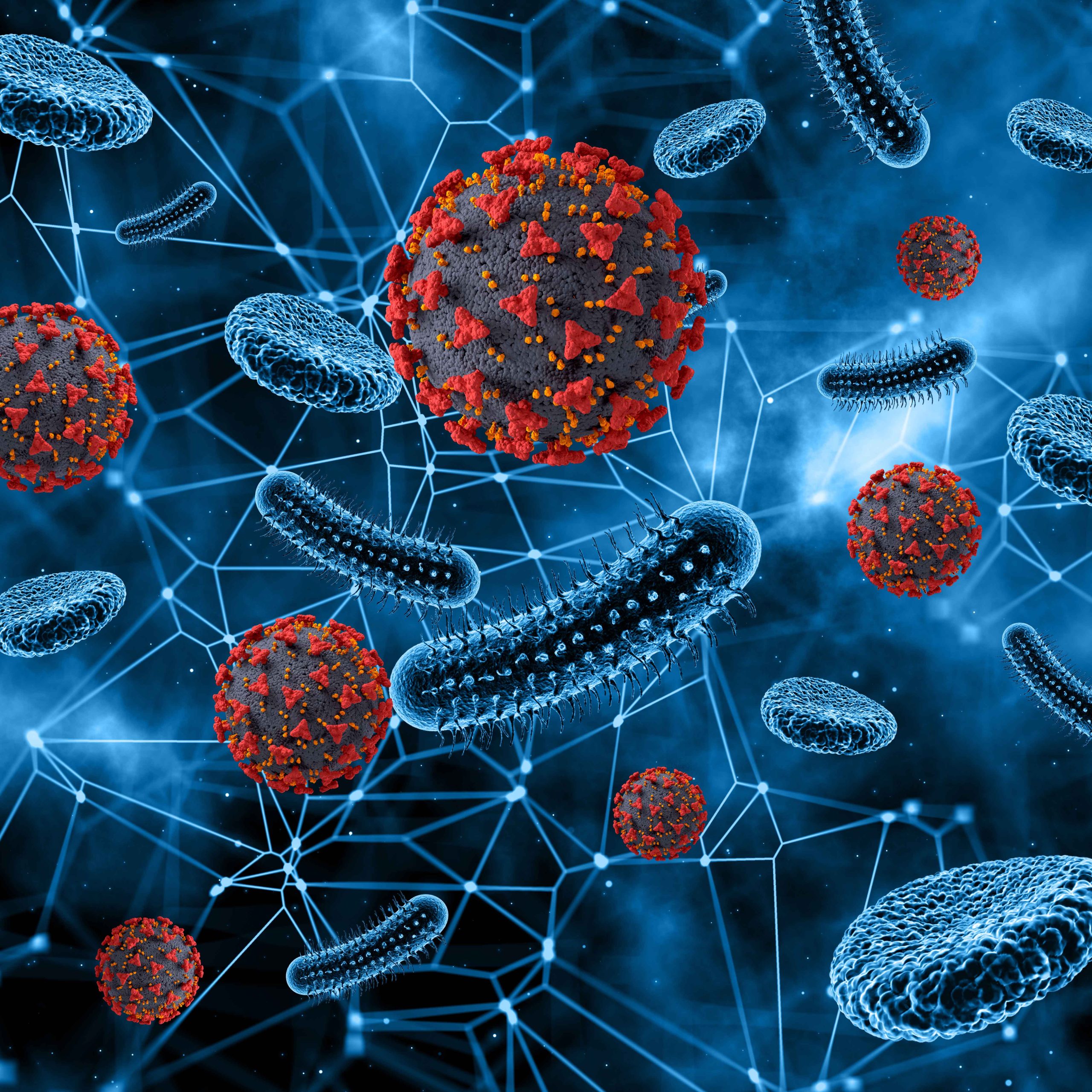
Understanding COVID-19’s Impact on the Immune System
COVID-19, caused by the SARS-CoV-2 virus, has been shown to trigger a wide range of immune responses in individuals, particularly in severe cases where the immune system becomes dysregulated—meaning it doesn’t function as it should. This dysregulation can have serious, even deadly, consequences.
Let’s look more closely at the different ways the immune system responds to COVID-19:
• Inflammatory Response: When the virus enters the body, it triggers the immune system’s inflammatory response. This response is the body’s first line of defence and involves immune cells, such as macrophages and neutrophils that rush to the site of infection to help contain and clear the virus. However, in severe cases of COVID-19, this initial response can go into overdrive, causing more harm than good.
o Cytokine Storms: In some severe cases, the immune system produces an excessive amount of cytokines—molecules that signal immune cells to come to the site of infection. This overreaction is often referred to as a “cytokine storm,” and it can lead to widespread inflammation and tissue damage, especially in the lungs. In fact, this is a key cause of acute respiratory distress syndrome (ARDS), which can lead to death in many critically ill COVID-19 patients.
• T Cell and B Cell Activation: Two key players in the immune system are T cells and B cells. T cells help kill infected cells, while B cells are responsible for producing antibodies that neutralise the virus. Both of these cell types are critical not only for fighting the initial infection but also for developing immune memory—the ability of the immune system to “remember” the virus so it can respond more quickly if you’re exposed to it again in the future. However, severe cases of COVID-19 can sometimes hinder this process, making it harder for the body to build a lasting immune response.
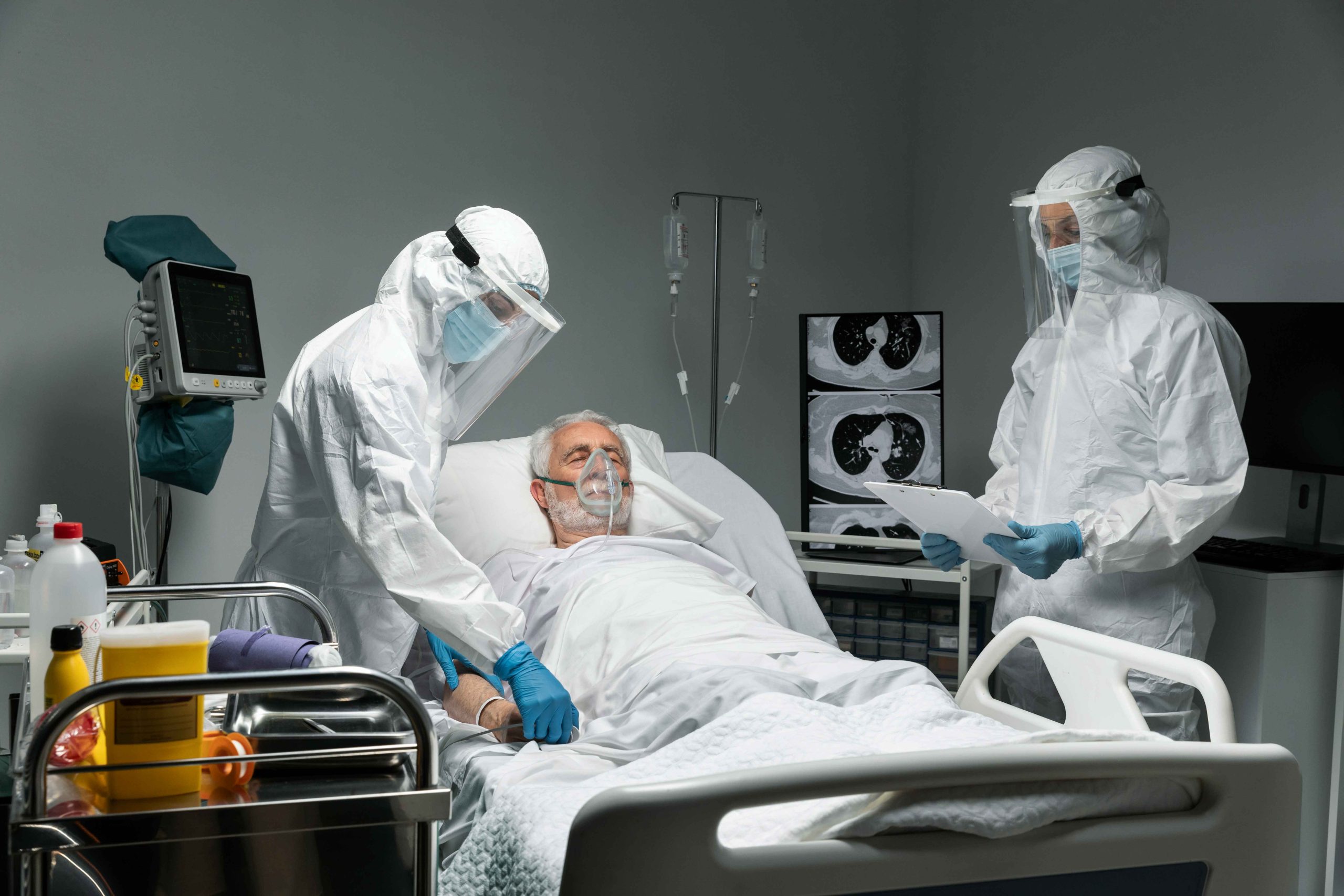
Immune Evasion by Viral Variants
One of the most challenging aspects of managing COVID-19 has been the emergence of new variants of the SARS-CoV-2 virus, such as the Delta and Omicron variants. These variants are particularly concerning because they have developed mutations that allow them to evade certain immune defences.
• Escaping Antibodies: Variants often mutate in the virus’s spike protein, which is the part of the virus that most vaccines target. These mutations can allow the virus to partially evade the antibodies that are produced after vaccination or after a previous infection, making it harder for the immune system to fight off the virus.
• Differing Immune Responses: Some variants trigger different immune responses than the original virus, leading to varied outcomes. For instance, some variants may cause milder symptoms or even asymptomatic cases, while others can still lead to severe disease. The exact reasons behind these differences are still being studied, but it’s clear that variants pose an ongoing challenge to our immune defences.
Immunocompromised Individuals
For people who have compromised immune systems—such as those with cancer, HIV, or individuals taking immunosuppressive drugs—COVID-19 poses a unique and heightened risk. Their weakened immune systems may take much longer to clear the virus, leading to prolonged viral shedding (when the virus remains in the body and can be passed to others). This makes them more vulnerable to severe illness, and it raises concerns about the effectiveness of vaccines in these populations.
The Challenge of Long COVID
One of the lingering mysteries of the COVID-19 pandemic is Long COVID, a condition where symptoms persist for months after the initial infection. Common symptoms include fatigue, brain fog, and respiratory issues, suggesting that the immune system may remain dysregulated long after the virus has been cleared from the body. This could mean that the immune system is stuck in a state of chronic activation, continuing to fight even when the battle is over.
Known Unknowns in COVID-19 Immunomodulation
Despite the wealth of information we’ve gathered about COVID-19, there are still many unanswered questions about how the virus and the vaccines affect the immune system. These “known unknowns” reflect the complexity of immunomodulation and highlight areas where further research is needed.
• Immunopathogenesis: The pathogenesis of COVID-19—the way the disease develops—appears to involve a delicate balance between viral replication and the body’s immune response. In severe cases, the immune system’s overreaction contributes to more tissue damage and worsens outcomes. However, we still don’t fully understand why this happens in some people and not others.
• Variability in Immune Response: One of the most difficult aspects of managing COVID-19 is the wide variability in immune responses among individuals. Some people get infected and show no symptoms at all, while others experience life-threatening complications. Factors like genetics, age, pre-existing health conditions, and even previous exposure to other coronaviruses may all play a role in this variability.
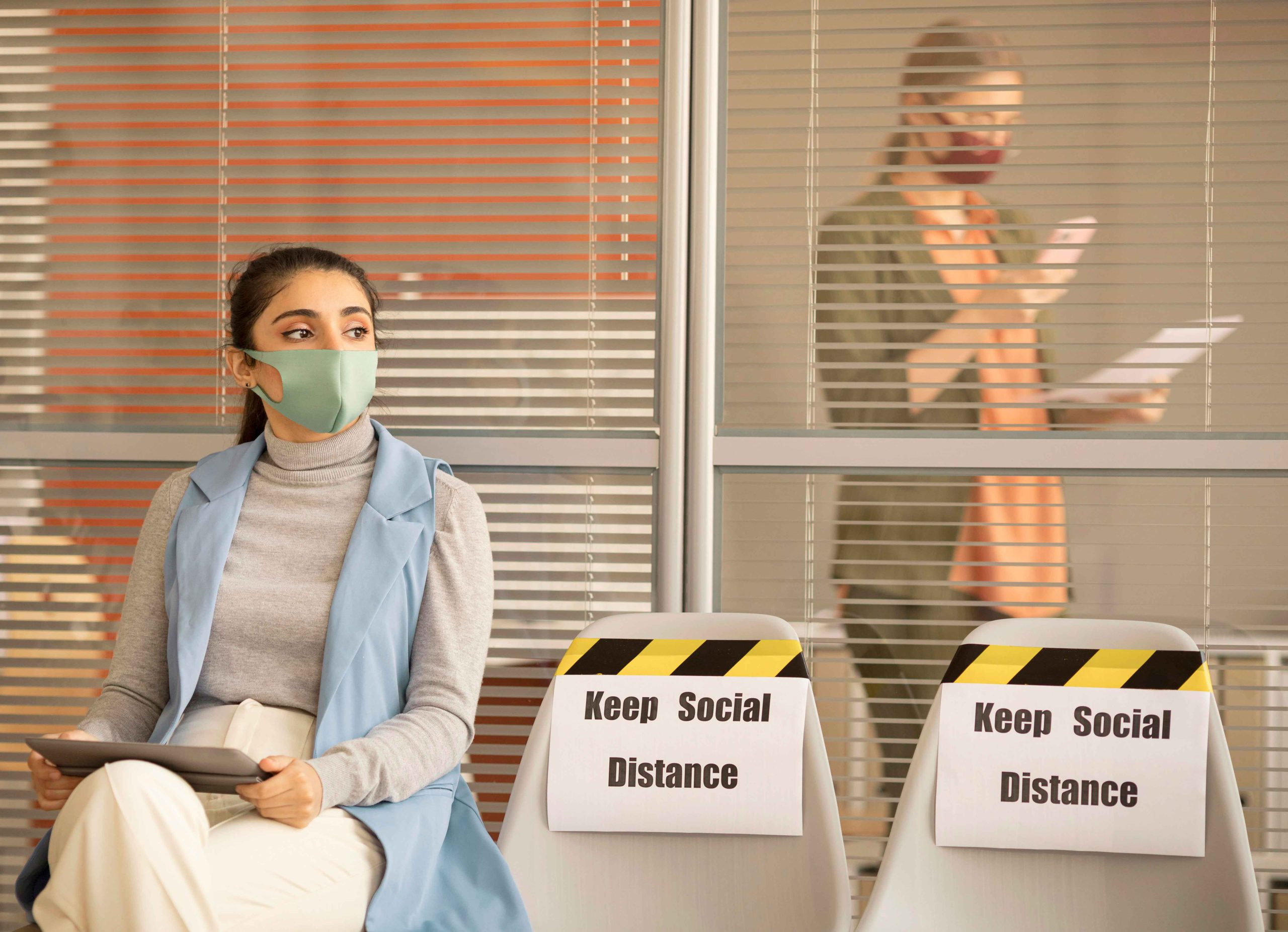
Immune Memory and Reinfection
A critical question that scientists are still trying to answer is how long immunity lasts after infection or vaccination. Both natural infection and vaccination stimulate the production of memory cells (T cells and B cells) that “remember” the virus and are supposed to mount a faster, stronger immune response upon re-exposure. However, the emergence of new variants, such as Omicron, has shown that reinfections are still possible, even in people who have been vaccinated or previously infected.
Long-Term Effects of the Immune Response
While much of the focus has been on the acute phase of COVID-19, the long-term effects of the immune response are still not fully understood. Ongoing research aims to determine if COVID-19 or its vaccines might leave lasting changes in how the immune system functions. These long-term effects could potentially affect how the body responds to future infections or other immune-related conditions.
Immunomodulation by COVID-19 Vaccines
Vaccines have been a game-changer in the fight against COVID-19, and they work by modulating the immune system to recognize and fight the virus. However, vaccines themselves can also cause changes to the immune system, which has led to questions about whether these changes might have unintended effects.
How COVID-19 Vaccines Work
COVID-19 vaccines, such as the mRNA vaccines from Pfizer and Moderna, work by teaching the immune system to recognize the virus. Specifically, they deliver instructions to our cells to produce the spike protein found on the surface of the virus. The immune system then recognises this spike protein as a threat and generates antibodies to neutralise the virus if it encounters it again in the future.
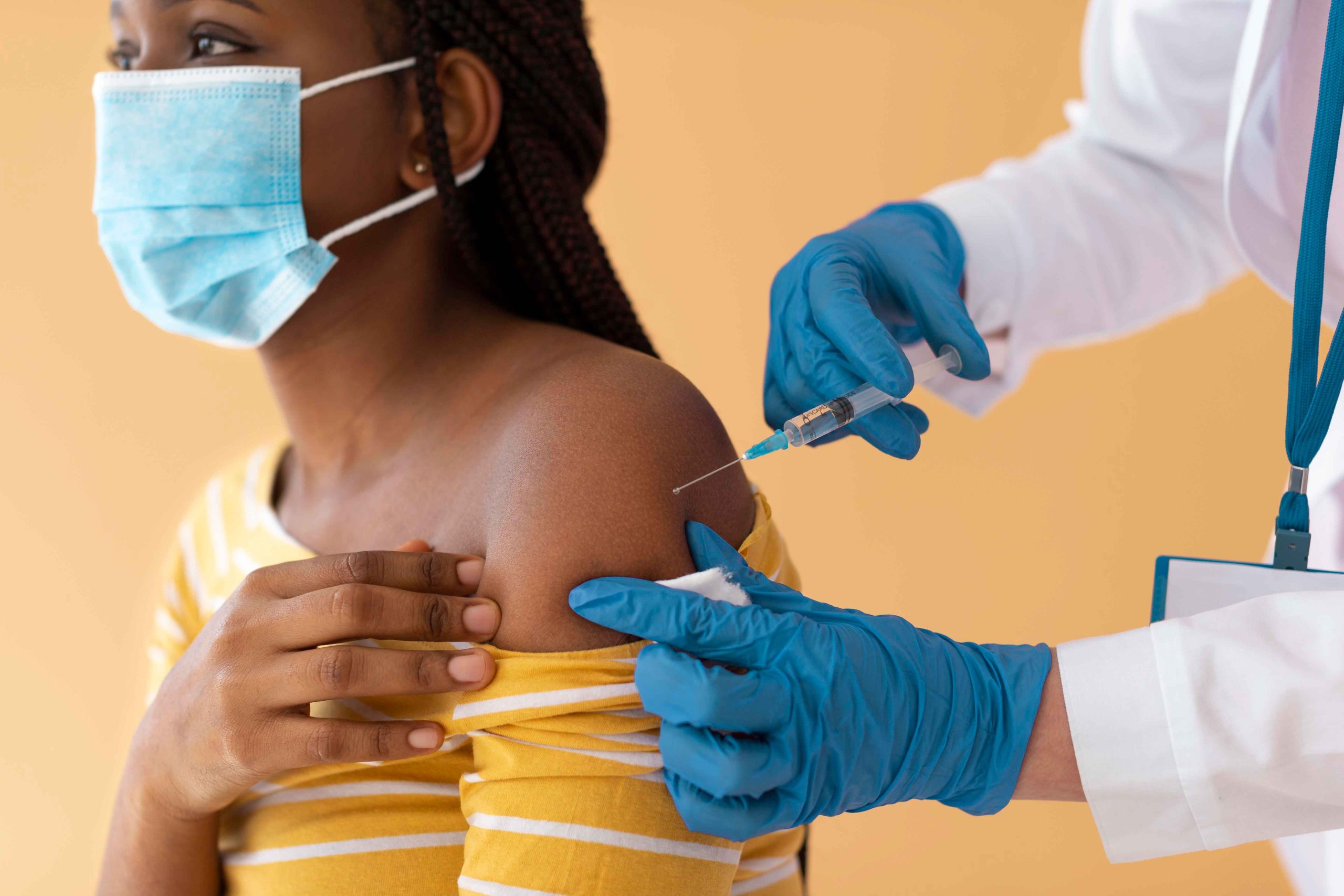
Immune Enhancement vs. Suppression
While vaccines are designed to enhance the immune system’s ability to fight COVID-19, there have been concerns about whether they might also suppress other parts of the immune system or cause long-term changes:
• Vaccine-Induced Enhancement: Early vaccine trials raised concerns about the possibility of immune overreaction, but these issues were largely mitigated in later versions of the vaccines.
• Potential for Long-Term Immune Changes: Some studies suggest that vaccines could alter the immune landscape, potentially boosting immune memory or causing subtle changes in immune function. However, more research is needed to fully understand these potential effects.
Vaccine Efficacy and Deaths
A study titled “Characterisation of COVID-19 Deaths by Vaccination Types and Status in Malaysia between February and September 2021” by Nur Asheila Abdul Talib et al published in The Lancet Regional Health provided key insights into how different vaccines perform. The study compared the death outcomes in individuals vaccinated with Sinovac, Pfizer (mRNA), and AstraZeneca.
The findings revealed the following:
1. Mortality rates were consistently lower among vaccinated individuals compared to those who were unvaccinated.
2. However, individuals fully vaccinated with Sinovac had a higher age-standardised mortality rate (ASMR) compared to those vaccinated with Pfizer or AstraZeneca.
3. Comorbidities played a significant role in these outcomes, with individuals vaccinated with Sinovac showing 8.9 times higher ASMR compared to those vaccinated with Pfizer, and 1.5 times higher compared to AstraZeneca, particularly in those with pre-existing health conditions.
Fortunately, in India, nearly 90 per cent of the vaccines used were Covishield (similar to AstraZeneca), and this has been linked to lower mortality rates in breakthrough infections.
Vaccine Efficacy in Immunocompromised Populations
Research continues on the effectiveness of vaccines in immunocompromised individuals. People with weakened immune systems may not mount as strong a response to the vaccine as others, making them more susceptible to breakthrough infections.
There have been reports of vaccines reducing the symptoms of Long COVID in some individuals, though the exact mechanism for this remains unclear. The phenomenon may involve vaccines modulating the lingering immune response that contributes to the long-term symptoms of COVID-19, but this area remains under investigation.
The Complex Case of Long COVID
Long COVID continues to puzzle scientists and clinicians. While most COVID-19 patients recover within weeks, a significant number experience lingering symptoms for months or even longer. This suggests ongoing immune dysregulation, even after the virus has been cleared from the body, making it a critical area for further studies.
Post-Infection Immune Dysregulation
In Long COVID patients, studies show that some immune markers remain elevated, indicating persistent inflammation. This chronic immune activation might contribute to fatigue, cognitive dysfunction, and other symptoms associated with Long COVID.
Impact of Vaccination on Long COVID
Vaccination has been shown to reduce the risk of Long COVID in some cases, although results are mixed. A significant number of vaccinated individuals still experience Long COVID, raising questions about the vaccine’s role in modulating the immune system post-infection:
• Mixed Outcomes: Some individuals report relief from Long COVID symptoms after vaccination, while others see no change or even a worsening of existing symptoms or the emergence of new symptoms.
• Reinfections and Long COVID: Early research suggests that reinfections, even in vaccinated individuals, increase the risk of developing Long COVID, pointing to possible immune system exhaustion or dysfunction after repeated viral encounters.
Looking Ahead
The COVID-19 pandemic has shed light on the complex ways in which viruses and vaccines can modulate the immune system. While much progress has been made in understanding these effects, significant gaps remain in our knowledge. The ongoing challenge of managing new variants, addressing long COVID, and protecting immunocompromised individuals highlights the need for continued research into the immunomodulatory effects of both COVID-19 and the vaccines designed to combat it.
In the years to come, we may learn more about how this virus has changed the way our immune systems function, and how we can better protect ourselves from future pandemics.
(The author is a Consultant in HIV, STIs, and Infectious Diseases at Unison Medicare and Research Centre, Mumbai, and serves as the Secretary General of the Peoples Health Organisation-India. He can be reached at [email protected] and on X: @GrGilada)
The article is based on Dr Gilada’s plenary presentation at the Global Association of Physicians of Indian Origin (GAPIO) XIV Annual Conference, held on 16-17 March 2024 in Lucknow.

